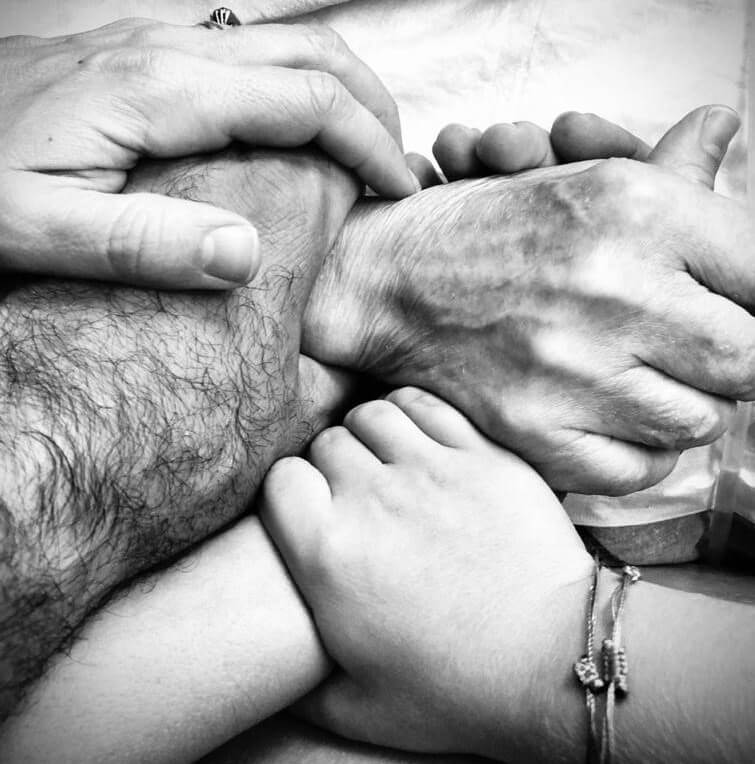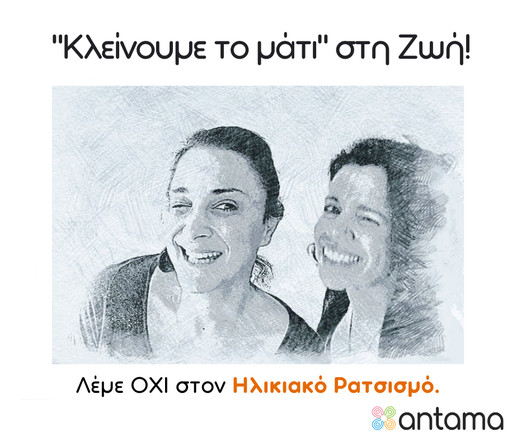What is Ageism?
Ageism refers to HOW WE THINK, FEEL and ACT towards people, even ourselves, based on age. Ageism affects us throughout life and may take various forms, being institutional, interpersonal or self-directed.
In March 2021, a global Global Campaign to Combat Ageism was launched, led by World Health Organization (WHO), in collaboration with OHCHR (Office of the High Commissioner for Human Rights), UNDESA (United Nations Department of Economic and Social Affairs and UNFPA (United Nations Population Fund), aiming to enhance the day-to-day experience of older people, eliminate stereotypes and optimize policy responses, so as to help create a world for all ages.
3 strategies to reduce ageism have been shown to work:
- strengthening and implementation of policies and laws, which can address discrimination and inequality on the basis of age and protect human rights,
- incorporation of educational programs and interventions at all educational levels, that can enhance empathy and understanding about ageing and dispel misconceptions about different age, so as to reduce ageism,
- implementation of intergenerational interventions, which promote interaction and connection between different generations and can contribute to their mutual understanding and cooperation
Ageism can be eliminated. It is in our hands to contribute to the creation of a Society where all people are equal.
#aworld4allages
https://www.who.int/teams/social-determinants-of-health/demographic-change-and-healthy-ageing/combatting-ageism/global-report-on-ageism
Facts that will surprise you
Globally, 1 in 2 people are ageist towards older people.
1 in 3 people in Europe, both young and old, report having been a target of ageism.
Women are more likely to become a target of ageism.
Ageism intersects and exacerbates other forms of disadvantage including those related to sex, race and disability
Ageism starts in childhood and is reinforced over time. From an early age, children pick up cues from those around them about their culture’s stereotypes and prejudices. These are soon internalized and used to make inferences and to guide their feelings and behaviour towards people of different ages.
Ageism has far-reaching impacts on all aspects of our health. For older people, it is associated with a shorter lifespan. Furthermore, ageism is linked to poorer physical and mental health, lower quality of life and increase of social isolation and loneliness.
The way we think about our own ageing will impact our health and wellbeing when we’re old.
Do you have a story* of ageism that you would like to share with us?
Please send us an email at: actions@antama.gr
* The stories that will be sent to ANTAMA will be published on the site and other communication media of ANTAMA, in the context of the awareness campaign against Ageism
Πηγή https://www.who.int/teams/social-determinants-of-health/demographic-change-and-healthy-ageing/combatting-ageism


 Ελληνικά
Ελληνικά

